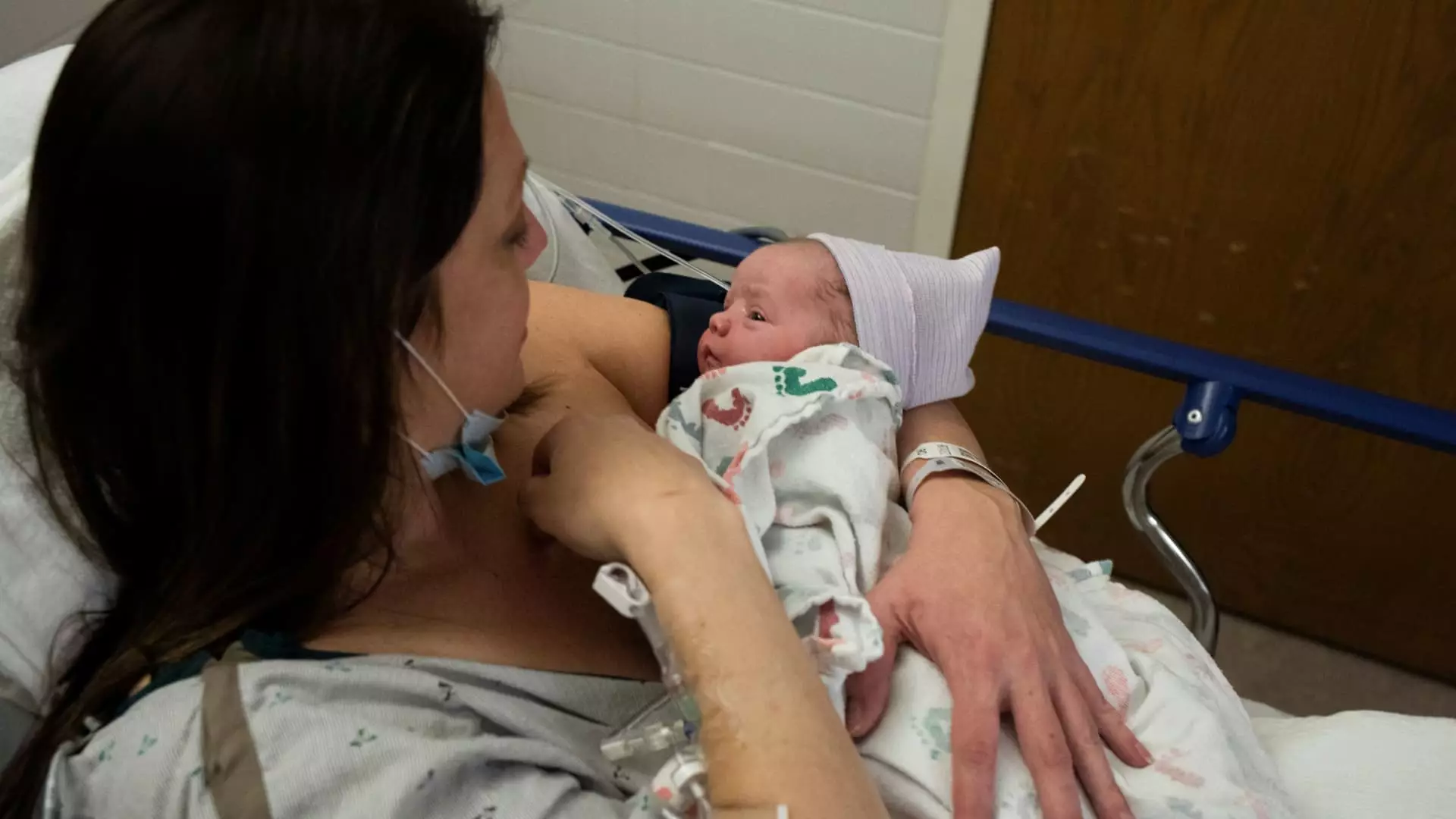America is on the precipice of a demographic disaster, and the alarming statistics speak volumes. Currently, the fertility rate stands at a meager 1.6 births per woman, significantly below the natural replacement level of 2.1. This troubling trend signals not just a decline in population growth, but the potential for long-term economic turmoil and societal transformation. Economic experts like Melissa Kearney, a professor at the University of Maryland, are issuing stark warnings that extend far beyond mere numbers: “Our population will, in the not too distant future, start to decline.” The implication that the American way of life is at risk cannot be overstated.
Economic Consequences of Declining Fertility
The economic ramifications of plummeting birth rates are vast and concerning. Fewer children today indicate a shrinking workforce tomorrow, raising pressing questions about the sustainability of critical social programs such as Social Security and Medicare. As Brad Wilcox, a sociology professor, points out, the reduction in future workers creates an imbalance in the worker-to-retiree ratio. This imbalance will place increasing pressure on government resources, potentially leading to inadequate funding for vital services designed to support an aging population. The underlying issue here is not merely numbers—it’s about the lifeblood of our economy and the very fabric of our society.
Political Actions: Band-Aids on a Bullet Wound
In response to this looming crisis, lawmakers across the political spectrum are attempting to create financial incentives aimed at boosting fertility rates. Proposals such as direct payments of $5,000 for newborns and expanded child tax credits serve as apparent solutions. Yet, these token gestures may resonate more like a hollow promise than a meaningful fix. Kearney’s critiques highlight an uncomfortable reality: “Financial incentives or benefits…just really aren’t enough to really change the calculus.” The boldness of policymakers is commendable, but the superficiality of their solutions lays bare a fundamental misunderstanding of the challenges at hand. Maintaining a stable population is not simply a matter of financial transactions; it requires nurturing a culture that genuinely values parenthood.
The Cultural Shift: Values Over Numbers
Economics is not the sole culprit behind declining birth rates; a cultural shift is underway that fundamentally redefines what it means to be an adult in today’s society. Increasingly, young adults prioritize education, financial success, and career over family. The rationale is clear—an escalating cost of living and economic insecurity accompany the desire for better personal achievements. As Wilcox aptly notes, this pivot represents a significant departure from traditional views around parenthood. Instead of viewing children as an enriching part of life, many sift through the endless list of sacrifices and struggles, questioning their decision to bring a new life into a world teeming with uncertainty.
The Lessons of History: Why Change is Slow
Historical precedents further complicate the narrative surrounding America’s fertility crisis. For instance, the aftermath of the Great Recession should have led to a baby boom as conditions improved, but birth rates plummeted instead. This unexpected phenomenon challenged long-held beliefs among demographers and has informed our current understanding of population dynamics. The question now arises: how can we adapt to this new reality? Despite advantages in economic conditions, the response may not simply be to wait and see; we must actively cultivate a culture that embraces parenthood as a valued pursuit.
Time for a Paradigm Shift
As we stand at this crossroads, America faces a pivotal opportunity. Without bold action and genuine empathy toward future generations, we risk perpetuating a cycle of decline that affects not only the economy but also the foundational values of our society. Rather than treating declining birth rates as an isolated issue, we need to embrace a larger conversation about the meaning of family, community, and personal fulfillment. Prioritizing a future where children are seen as a blessing rather than a burden might just be the key to restoring balance. The urgency of this situation is clear, and waiting for a more favorable economic climate may only deepen the crisis. The time for immediate, transformative action is now.

